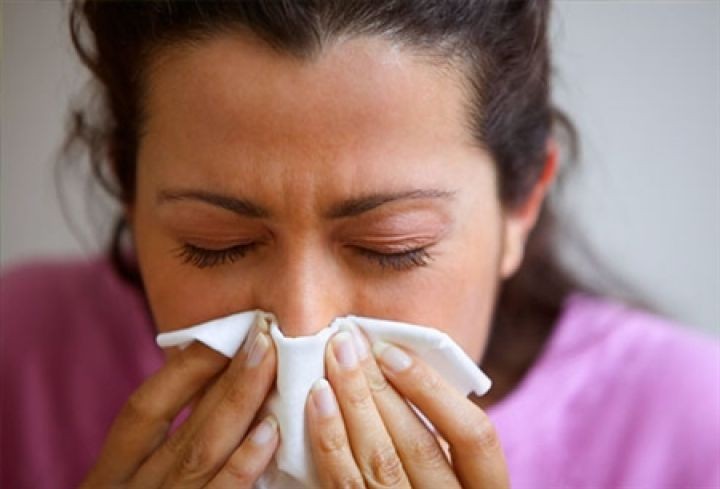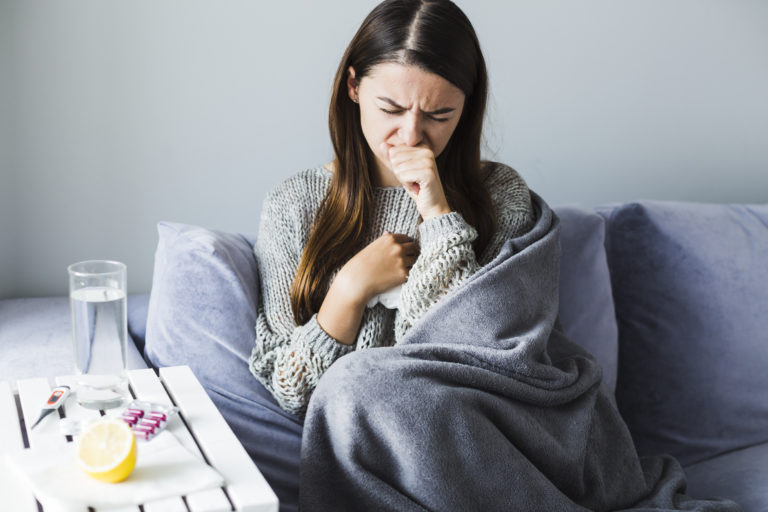Hay fever, also known as allergic rhinitis, is a common condition that affects millions of people around the world. It is an allergy that is triggered by certain allergens in the environment, such as pollen from trees, grass, and flowers.
Symptoms of Hay Fever
Symptoms of hay fever can range from mild to severe and can include:
Sneezing: This is perhaps the most common symptom of hay fever. Sneezing is the body’s way of removing irritants from the nasal passages.
Runny nose: A runny nose is another common symptom of hay fever. This can be caused by inflammation in the nasal passages and an excess of mucus production.
Itchy eyes, nose, and throat: Allergens can cause irritation in the eyes, nose, and throat, leading to itching and discomfort.
Nasal congestion: Nasal congestion is a common symptom of hay fever and can make it difficult to breathe through the nose.
Coughing: Coughing can be a symptom of hay fever, especially if the allergens are inhaled into the lungs.
Headache: Headaches can be caused by nasal congestion and the inflammation that occurs during a hay fever attack.
Fatigue: Hay fever can cause fatigue due to the body’s constant response to allergens.
Dark circles under the eyes: The constant rubbing and swelling of the eyes during a hay fever attack can cause dark circles to appear.
Treatment for Hay Fever
Treatment for hay fever symptoms can include:
Over-the-counter or prescription allergy medications: These can help to reduce symptoms and provide relief from hay fever.
Nasal sprays: Nasal sprays can help to reduce congestion and swelling in the nasal passages.
Antihistamines: These medications can help to reduce sneezing, itching, and runny nose.
Decongestants: These medications can help to reduce nasal congestion.
Immunotherapy: This treatment involves receiving small doses of the allergens that trigger hay fever in order to build up immunity.
Nasal irrigation: Nasal irrigation involves using a saline solution to flush out the nasal passages and remove allergens.
Avoidance: Avoiding the allergens that trigger hay fever can help to reduce symptoms. This may involve staying indoors on days when pollen counts are high, using air purifiers, and keeping windows and doors closed.
Humidifiers: Using a humidifier can help to add moisture to the air, which can help to reduce nasal congestion and other hay fever symptoms.
It is important to speak with a healthcare provider to determine the best treatment plan for hay fever symptoms. In some cases, a combination of treatments may be necessary to effectively manage the condition.
While hay fever can be a nuisance, it is a treatable condition. With the right treatment plan, individuals can effectively manage their symptoms and enjoy a better quality of life.

 Home
Home Health
Health Diet & Nutrition
Diet & Nutrition Living Well
Living Well More
More












